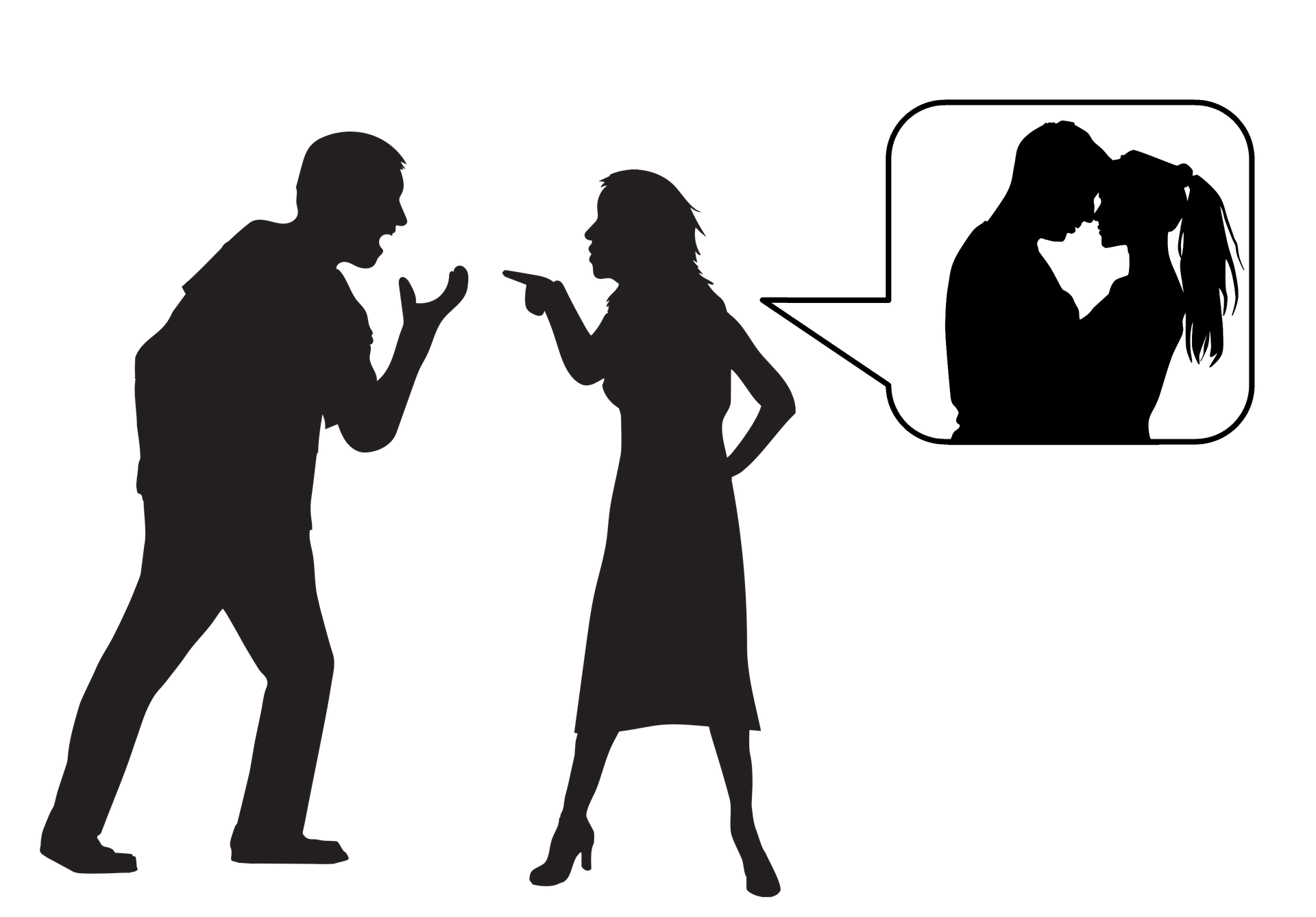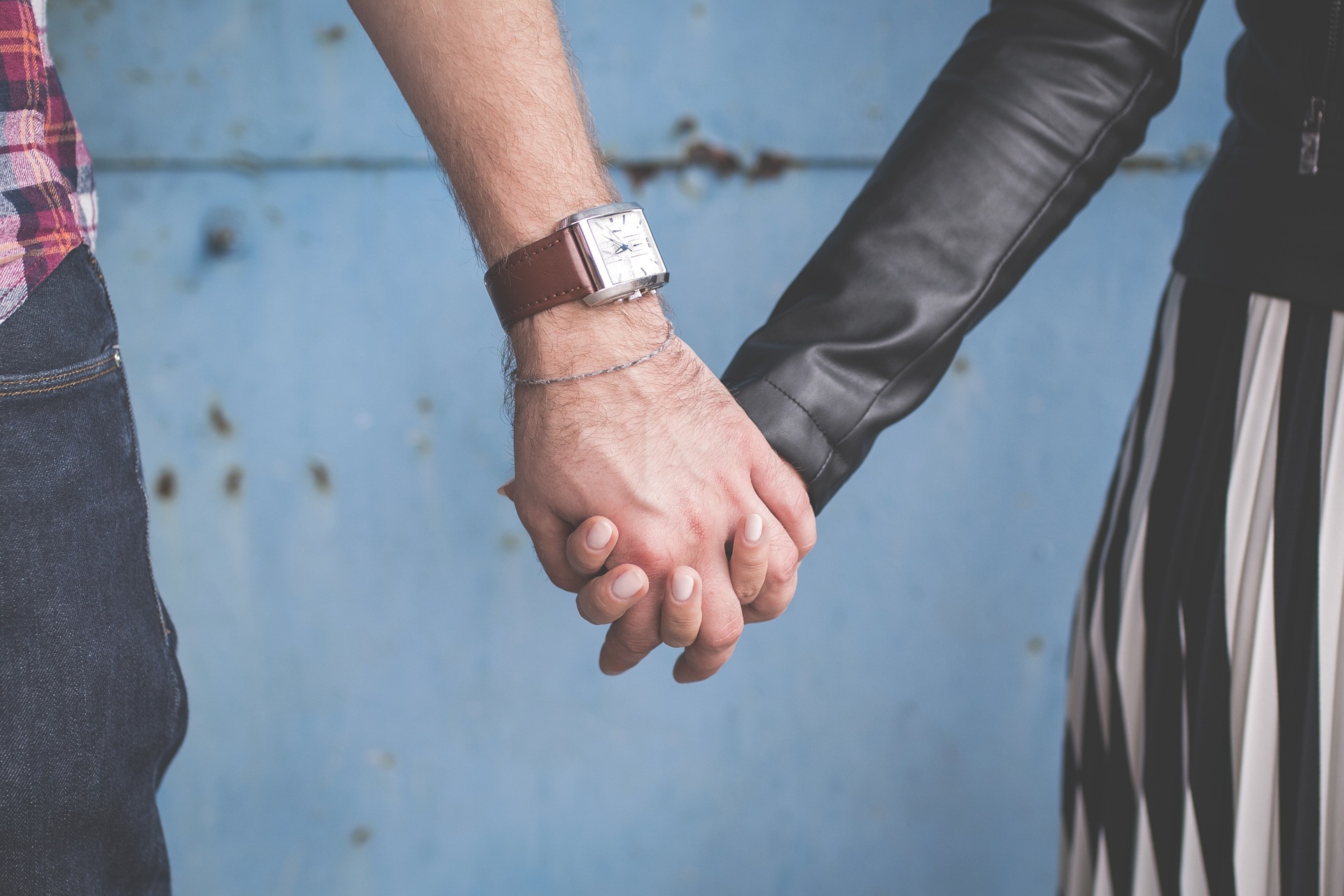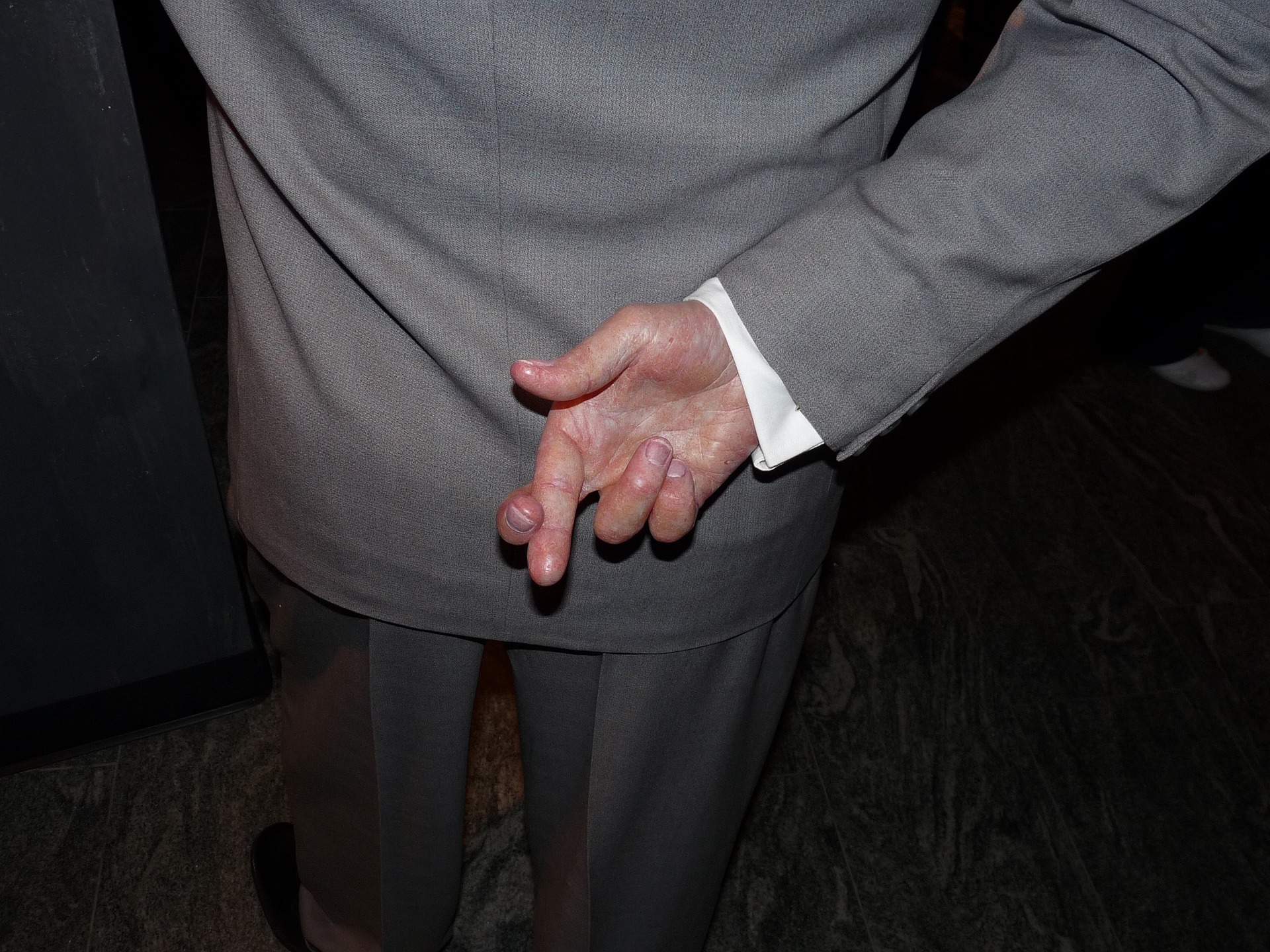Unhealthy Relationships: Top Three Ways to Spot Them
- from Ava Piscitello
- |
- Northern High School
- |
- 2316 views
We've all seen it...that couple in public with manerisms that make us cringe in disbeleif. Maybe they were arguing, maybe you could see some form of physical gesture or threat that may illude to unconventional behavior between the couple, but have you ever thought deeper? Maybe it's a loved one, a close friend, or your own self that is asking the question, "Is my relationship healthy?"
There's no tell tale sign of a nasty partnership, but here are the top three most effective ways to spot an unhealthy relationship early.
Number one: jelousy

Things such as questioning your parter or being skeptical of their friends is the classic jelousy sign that we're all aware of, but what about when it gets to be a real issue? Building trust when a partnership begins will take time, but things such as them controling your social life, going through your things, extreme speculation with no rhyme or reason, requiring you to check in with them, or when they put limits on who you can choose to talk to. These are all warning signs that your partner may be an the unhealthy jealous type. No one, especially not the person who is supposed to love you, should be the "overseer" for your relationships between friends and family. If this is the case for you, set your boundries clear and early. Letting controlling behavior slide makes them think it is alright and okay. Psycologically, jealousy mostly comes from places of control issues and insecurity, so if you truly do care about this person, let them know you're here to help them work through their issues with the agreement they try to improve. If nothing helps, jealousy can be fatal to even the strongest of bonds because of how potent it can be-even when it's one of the two people in a relationship. Dont ever be fooled. Jealousy does not equal care. Kindess and communication equals care, and thats all someone should be giving their partner if they want a relationship to last in a healthy manner.
Number two: A support system

Your partner should always be supportive. They should help create a positive environment for speaking your mind and BOTH of you suceeding. If your partner isn't happy for your accomplishments or never helps with your your emotional needs, it's time for a conversation. Some people are not raised on the notion that being encouraging is vital in keeping good people around you, so its always good to talk about it. Lifting up the people you love and letting them know how much you know they can succeed is simple, easy, and goes a long, long way. If a dog can show support, so can the one you love.
Number three: the three "dis's"

The three "dis's" include dishonesty, disrespect, and 'dis' temper.
These are the most candid behaviors to be aware of. White lies are one thing, but if you find yourself or your partner lying constantly about whereabouts or personal buisness, it's time to evaluate why you or they feel the need to do this. Urges for dishonesty can be underlying a greater problem in how one acts in a relationship. Frequent disrespect is very blunt. If they cancel plans daily, don't listen to your opinions, disregard your attempts to talk to them, ignore important feelings and discussions, or display other things that show they don't, or can't, respect you means it's time to evaluate someone you want to be with. The concept of "earning respect" is irrelevant if you love someone. A person who truly cares would never conciously disresect you. Dis' temperment may take a minute to notice, but if your partner gets extremely deffensive or agressive during arguments or even normal conversation, your safety should be prioritized over their anger. If anyone makes you feel unsafe, that's not someone you should be giving yourself and your time to. Anger, without properlly calling it out, may push an unhealthy partner to be comfortable in getting more and more violent. So, it's good to state your boundaries early.
Conclusion and note :
Sometimes there are no glaringly ovbious signs that your partner or you have unhealthy tendancies. And this is not restricted to gender or sexual orentation. ANYONE can experience a "bad" relationship, no matter how severe. A relationship should be 50/50 and while not everyone is perfect, there are very clear things someone can do to be self-aware and improve their behavior if it is noticed or pointed out to them.
NOTE: This article is written to help someone see the signs sooner, but in cases where they do not, it is never the victims fault.
No one deserves to be treated as "lesser."
(If you or a loved one are being abused, please call the national domestic abuse help line at 800-799-7233 or text START to 88788)
Thank you for reading-you are loved.
~Ava
 Fusfoo
Fusfoo